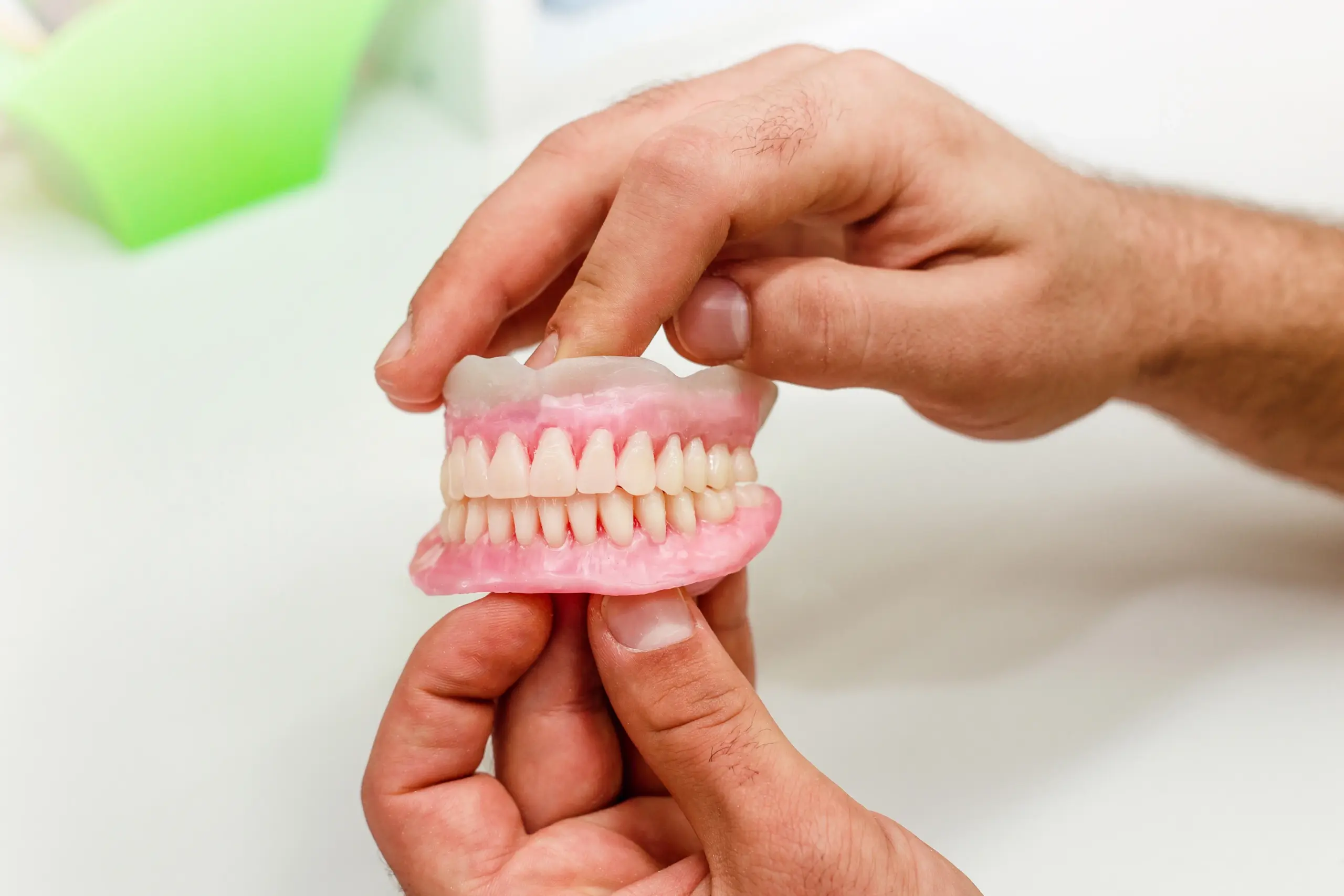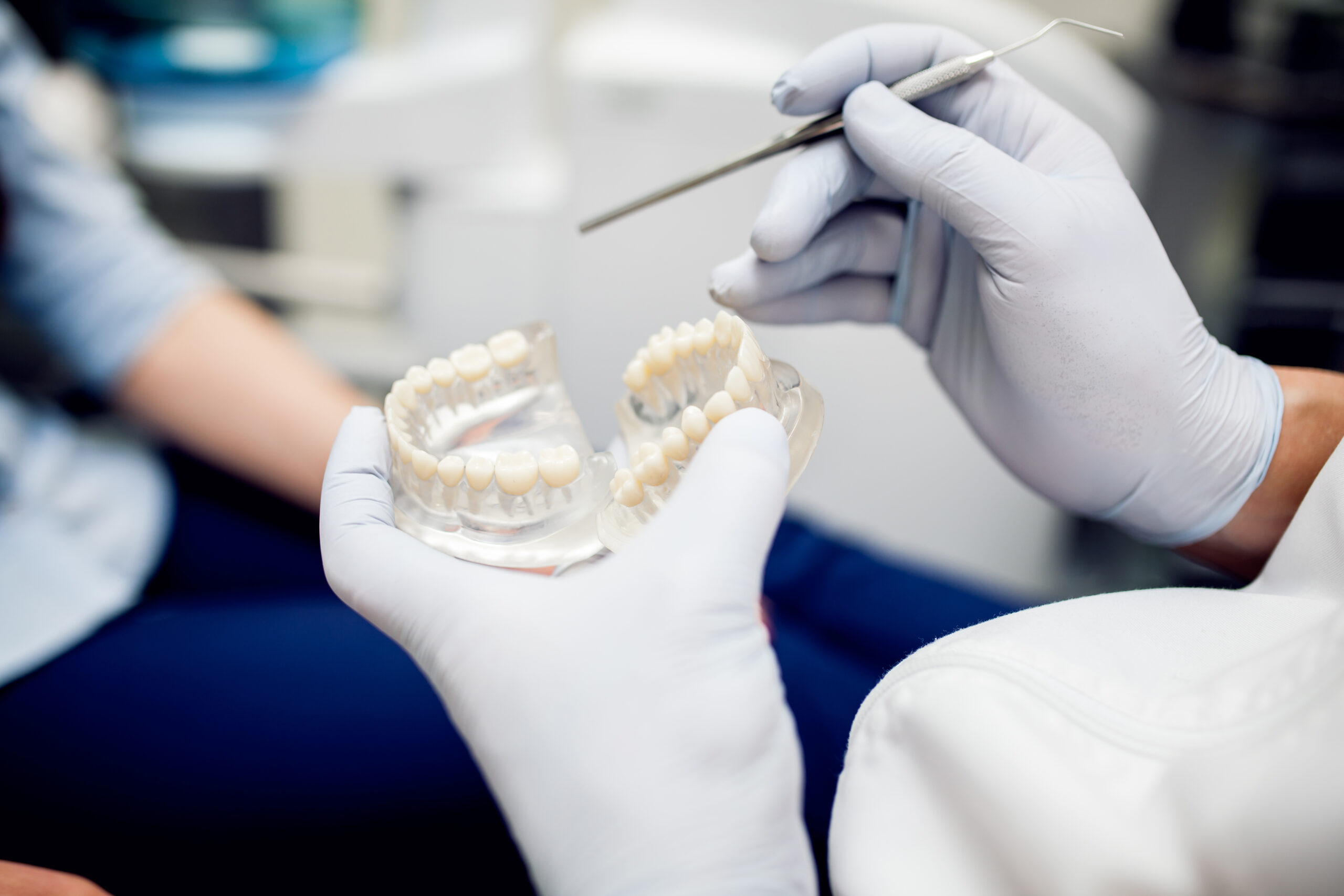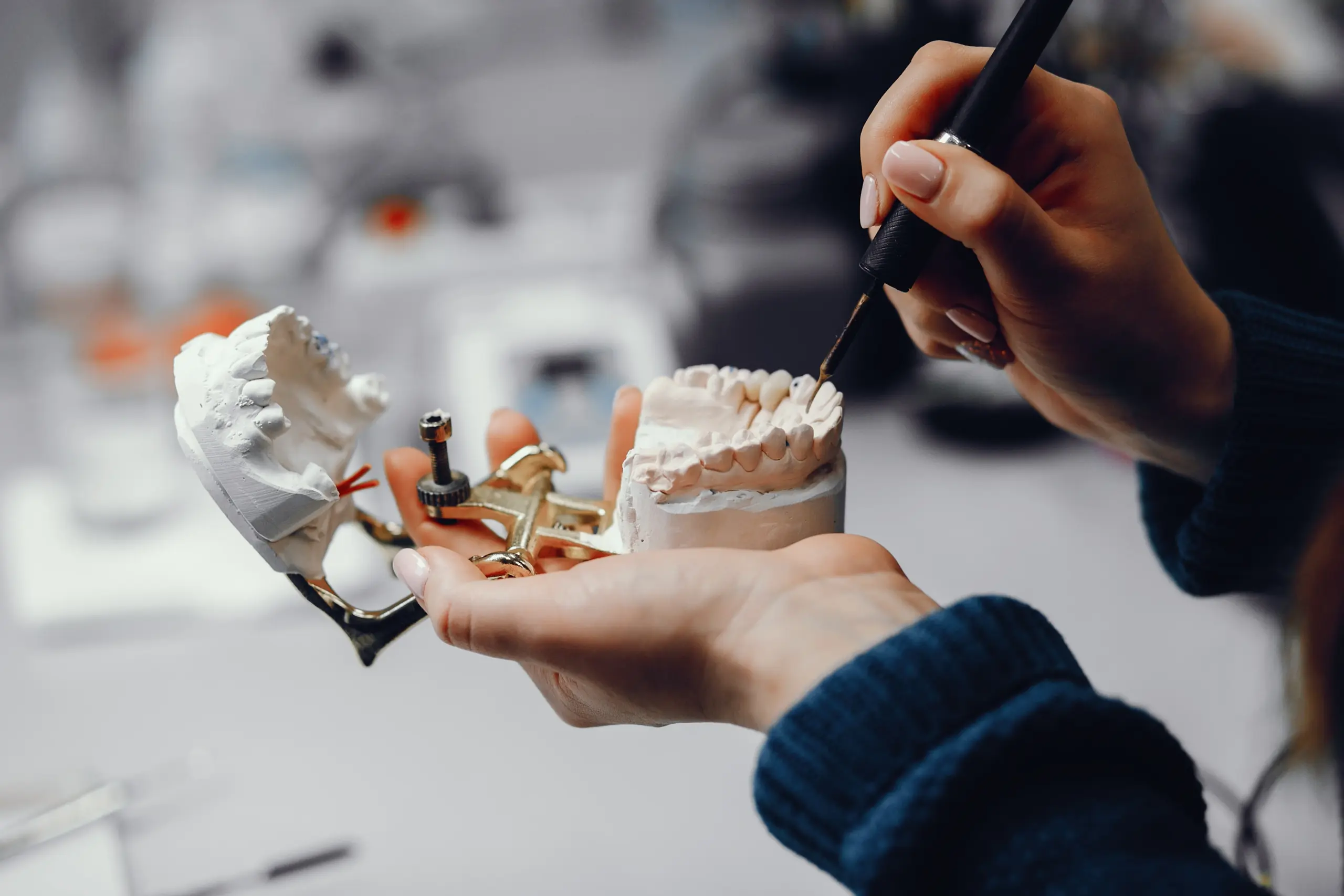Choosing the right toothbrush is a fundamental part of maintaining dental health, but with the vast array of options available today, it can be challenging to know which type is best for you. In this blog, we’ll compare manual and electric toothbrushes, examining their benefits and limitations to help you make an informed decision about your dental care routine.
Introduction to Toothbrush Types
Toothbrushes can be broadly categorised into two types: manual and electric. Manual toothbrushes are the traditional style that requires your own motion to clean your teeth. Electric toothbrushes, on the other hand, have a battery-powered head that oscillates, rotates, or pulsates to help you remove plaque and debris from your teeth and gums.
1. Effectiveness
Manual Toothbrushes: Manual toothbrushes have been used successfully for decades. With proper technique, they can effectively remove plaque and clean teeth. The key to their effectiveness is using them correctly—brushing for at least two minutes, twice a day with a fluoride toothpaste, and using the correct brushing technique.
Electric Toothbrushes: Electric toothbrushes offer several advantages over manual toothbrushes in terms of effectiveness. They are particularly beneficial for individuals with limited manual dexterity, such as the elderly or those with disabilities. Studies have shown that electric toothbrushes reduce more plaque and gingivitis more effectively than manual toothbrushes over time.
2. Ease of Use
Manual Toothbrushes: The simplicity of manual toothbrushes is one of their greatest strengths. They are easy to control and can be used anywhere, without the need for batteries or charging. However, the effectiveness of cleaning greatly depends on the user’s technique and diligence.
Electric Toothbrushes: Electric toothbrushes are generally easier to use because they provide the brushing action for you. Many models come with features like timers and pressure sensors to guide optimal brushing. These features can make it easier to brush properly, which is particularly helpful for children and those who tend to brush too hard.
3. Cost and Accessibility
Manual Toothbrushes: Manual toothbrushes are inexpensive and widely available. They do not require electricity or batteries and are cost-effective to replace every three to four months.
Electric Toothbrushes: Initially, electric toothbrushes cost more than manual ones. They also require regular replacement of the head, which can be nearly as expensive as buying a new manual toothbrush. However, the long-term health benefits and potentially reduced dental costs can offset the initial expense for many people.
4. Environmental Impact
Manual Toothbrushes: While manual toothbrushes are often made from plastic, their impact on the environment can be significant due to their disposable nature. However, there are increasingly more eco-friendly options available, including toothbrushes made from biodegradable materials.
Electric Toothbrushes: Electric toothbrushes have a longer lifespan than manual toothbrushes but they involve batteries and electronic waste. Some brands offer recycling programs, but the environmental impact is still greater than manual toothbrushes.
5. Suitability
Manual Toothbrushes: A manual toothbrush can be suitable for anyone, especially if they are diligent about their brushing technique and routine. It’s also a good choice for those who prefer a more hands-on approach or are sensitive to the movements of an electric brush.
Electric Toothbrushes: An electric toothbrush can be particularly effective for people with orthodontic appliances such as braces because it can clean around the wires and brackets more effectively than a manual brush. They are also ideal for people who might benefit from assistance with brushing techniques.
In Summary
Both manual and electric toothbrushes have their own set of advantages and drawbacks. The best choice depends on your personal preferences, specific dental needs, and lifestyle. If you are still unsure about which type of toothbrush is best for you, Birchgrove Dental is here to help. Our experienced team can provide you with personalised advice based on your oral health needs. Contact us today to ensure that your brushing routine is as effective as possible in maintaining your dental health.




